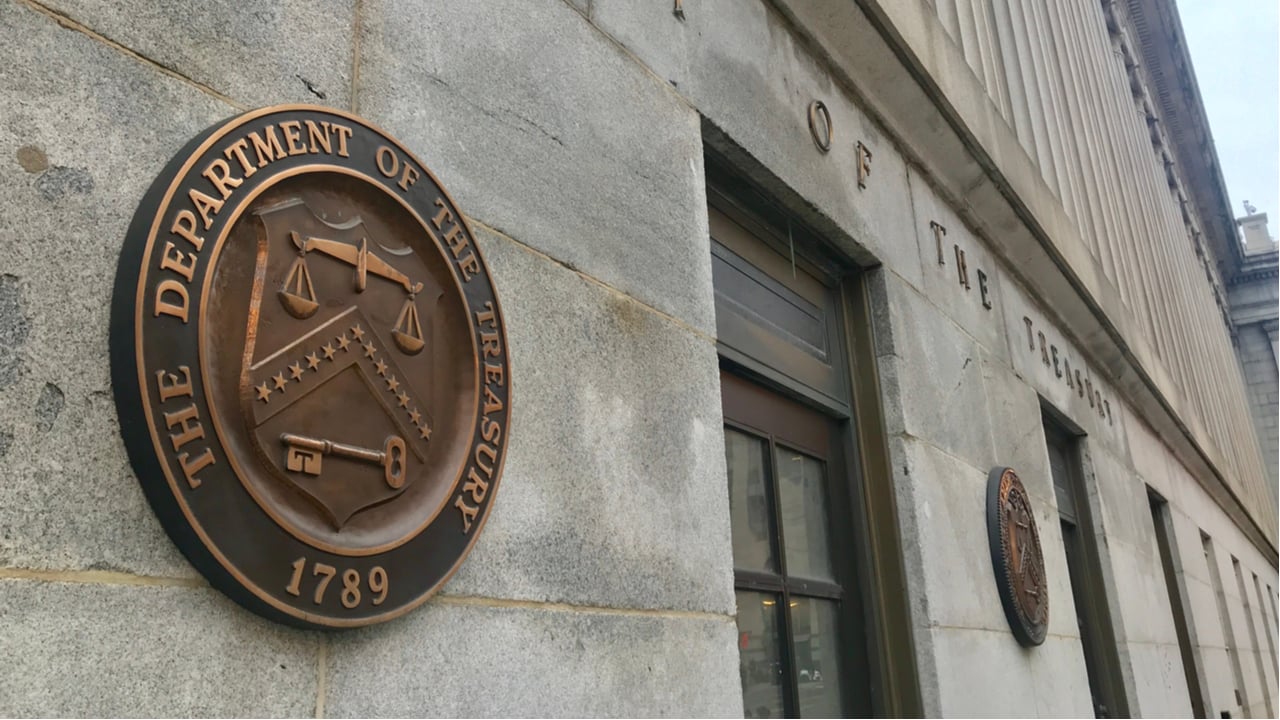The Office of Foreign Assets Control (OFAC) of the US Treasury Department announced sanctions against 13 companies and two individuals for allegedly helping Russian citizens evade potential sanctions through cryptocurrency-related services. According to OFAC, many of the sanctioned entities and individuals facilitated transactions or provided services aimed at helping other designated entities violate sanctions, particularly during the ongoing conflict between Russia and Ukraine.
Reconnecting Russian Financial Institutions to the Financial System
Brian E. Nelson, Treasury Under Secretary for Terrorism and Financial Intelligence, emphasized that Russia is increasingly using alternative payment mechanisms to circumvent US sanctions and continue financing its war against Ukraine. Nelson stated that the US Treasury is determined to expose and block companies that help sanctioned Russian financial institutions reconnect to the global financial system.

Blockchain analytics firm Chainalysis summarized in a blog post how some of the sanctioned crypto companies contributed to the evasion of sanctions. In particular, Netex24 and Bitpapa were highlighted for their roles in facilitating transactions with OFAC-sanctioned banks, cryptocurrency exchanges, and darknet markets using cryptocurrencies.
According to Chainalysis, Netex24 provided off-ramp support to sanctioned Russian banks such as Tinkoff and Sberbank, while Bitpapa operates a peer-to-peer cryptocurrency exchange serving Russian citizens. The analytics firm reported that these organizations have transferred significant funds to sanctioned entities and darknet markets over the past two years, with a notable increase in transactions to illegal services since the start of Russia’s conflict with Ukraine.
OFAC Tightens Oversight
Chainalysis noted that OFAC is intensifying its focus on combating the evasion of sanctions through cryptocurrency companies that facilitate on-ramp and off-ramp activities for sanctioned Russian banks. The research firm emphasized the importance of monitoring such organizations to prevent illegal financial activities and uphold international sanctions.
The sanctions imposed by OFAC are a result of the increased scrutiny of cryptocurrency-related services in the context of enforcing international sanctions. As regulatory authorities continue to monitor and regulate the cryptocurrency sector, companies operating in this area must comply with compliance measures and prevent their platforms from being used for illegal purposes.

 Türkçe
Türkçe Español
Español









